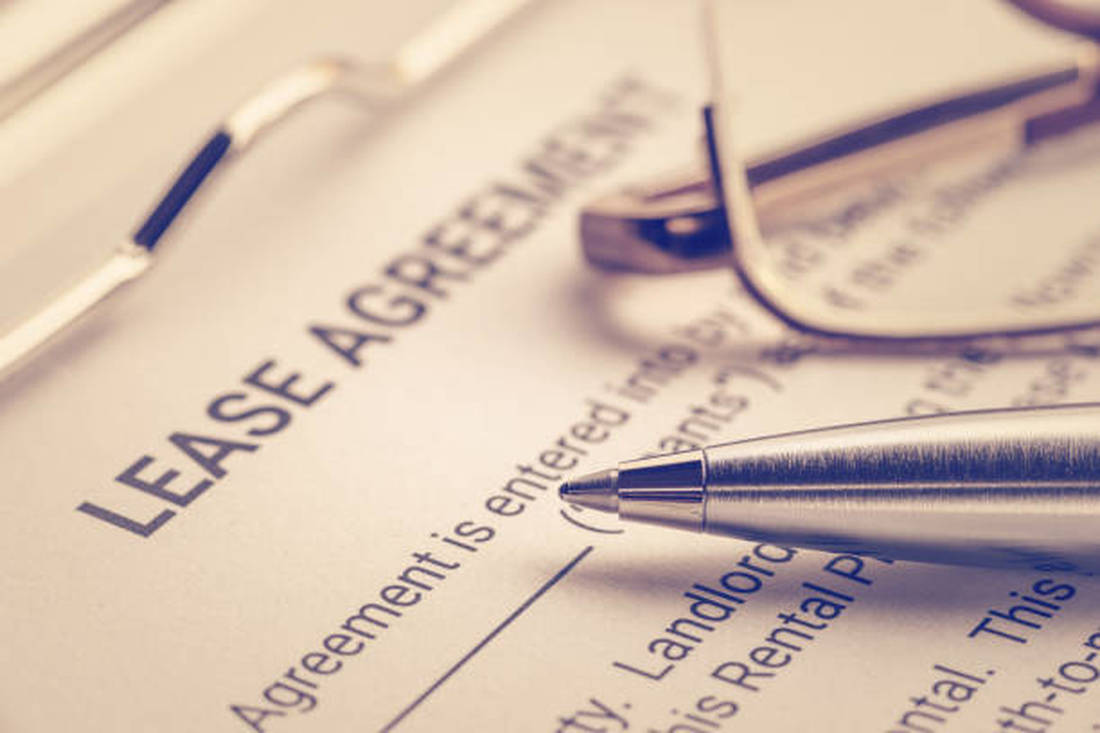
As a landlord, it is important that you protect your property from damage and disrepair which would reduce its value over time.
Covenants are promises given by both parties to a lease, in which each party agrees to comply with obligations during the term of the lease.
Breaches of repair and decoration covenants are often referred to as ‘Dilapidations’ and a Schedule of Dilapidations may be prepared at any point during the lease term, to list those items which need to be remedied so as to comply with the covenants in the lease.
The process of negotiating a lease ensures that the interests of the landlord in protecting his property and investment are balanced by the needs of the tenant. The requirements and expectations of both parties must be clearly communicated so as to build a good relationship between the two parties.
The main covenants that a landlord should be looking to include in a lease will be Repairing, Decorating, Reinstatement and Statutory Compliance covenants.
Repairing covenants usually require the tenant to keep the property in a good repair and condition. These covenants may sometimes be given by reference to a photographic schedule of condition to avoid the risk of the tenant undertakes work which puts the property into a better state of condition that it was before the lease was entered into.
Decorating covenants usually determine the frequency and level of redecoration to be undertaken by the tenant during the term.
Reinstatement covenants require the tenant to remove any alterations that they have made during the term and return the property to its original state at the end of the term. Some leases will permit alterations to be made by the tenant and the landlord may not however, always require any alterations that have been made to be reinstated.
Statutory compliance covenants ensure that the tenant abides by all the applicable laws and regulations in connection with the tenant’s use of the property.
As a landlord, it is important to ensure that the various covenants within the lease are adhered to and you may find yourself needing to enforce the terms of a covenant in the lease at some point during the lease term.
It will be necessary for a landlord to monitor and inspect the property regularly, and the terms of the lease will include provisions detailing when the landlord can enter the property to inspect its condition. The landlord will also need to be mindful of its obligation to provide the tenant with quiet enjoyment of the property, when making access arrangements.
Regular inspections and good communication with the tenant will ensure that any breaches are dealt with promptly before they are allowed to escalate into more significant issues.
Any breach of covenant will need to be enforced by the landlord in order to show the seriousness of the covenants that have been given and whilst legal action should always be considered as a last resort, a landlord must be prepared to take such action is necessary to protect the landlord’s investment.
Nick is a the head of the Commerical Property team and can be contacted by email or on 01494 893 568 if you need to take advice in relation to covenants or any other commercial property query that you may have.